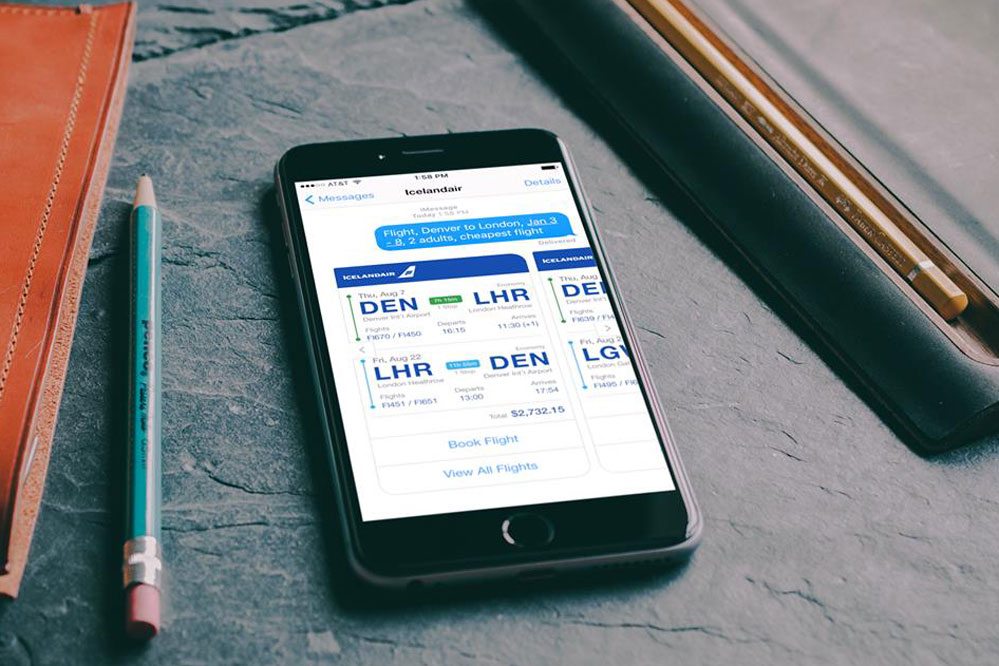The New Wave of Booking Tech That's Disrupting How Airlines Sell Tickets

Skift Take
Airlines are using new channels, such as Facebook chat and other airlines' websites, to sell their seats and other products. Some are turning to startups for help, rather than rely only on establishment vendors.
Airlines have tended to only use IT systems that have been around for decades. This has been particularly true of the booking engines on their websites that consumers and corporate travel managers use to buy tickets.
When it comes to their internet booking engines, airlines have typically turned to established technology developers like Amadeus (for its e-Retail system), Datalex, and Open Jaw (owned by Travelsky).
Yet today airlines are experimenting with new ways to sell tickets. They are trying new channels, such as chat-based interfaces like like Facebook Messenger and the websites of airlines that they have co-marketing partnerships with.
In the past several years, a few startups have sprung up to tackle these specialized challenges.
And a handful of airlines — including Icelandair, Nok, and Lufthansa — have experimented with hiring these newcomer tech companies.
Here's a snapshot of some of the "next wave" vendors, who claim to have skills at both handling transactions and digital marketing.
Loyalty innovation
Travelaer is a travel technology startup based in Sophia Antipolis, France. Icelandair is the best known name among the airlines that have tried its services. The airline had the startup create a reservation engine that integrates its stopover program — which lets people add a visit to Iceland to an itinerary for free.
Travelaer's twist has been to use th

